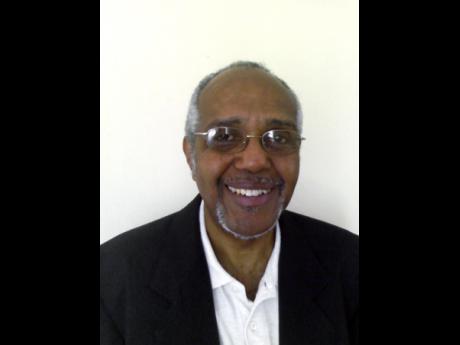Assumptions: Shaping Life Through Our Lens
The evidence is clear to see; it draws us to a firmly held conclusion. We are emboldened and confront the guilty party. Their denial rings hollow so we present the evidence.
But holes are poked in our evidence. What appeared on the surface was misleading and we compounded the problem with faulty interpretation. We had been guilty of jumping to conclusions.
Jumping to conclusions presents significant challenges to cordial and empowering interpersonal relations. The statement that when we assume 'we make an ass of you and me' is indelicate but apt.
While making assumptions gets the better of most of us at some point, some of us are more prone to jumping to conclusions. Why?
Here are some factors that invite us to make assumptions:
1. Closet Sherlock Holmes, Matlock and Colombo
rolled into one
Some of us pride ourselves on having great detective instincts. We think that we have that extra capacity to observe things that others miss, and to ferret out telling evidence that lesser mortals overlook.
Maybe inspired by too many Agatha Christie novels or detective movies, we go about life with the mindset to uncover facts and to get to the bottom of any and everything. From that platform, jumping to conclusions comes naturally. How can the book or movie end without someone being found guilty?
Use your detective skills to see
if you fall into the super-sleuth
category.
If so, then here are some
corrective steps:
a. Remember that circumstantial evidence can be misleading. You would have seen situations in which the evidence pointed in one direction, but the truth was to be found elsewhere. If you want to play detective, reflect on whether your conclusions can withstand cross-examination.
b. Simply ask! Follow what normal mortals do and ask questions. "Did you spill the cranberry juice?"
c. Never forget - innocent until found guilty. Accept a denial as true unless you have irrefutable evidence to the contrary.
d. Be mindful that you might be tending towards character assassination and harassment.
2. Intellectual laziness
Some of us are too intellectually lazy to pursue matters logically and with sufficient depth. Donald Trump's assumption that climate change is a hoax is a prime
example of intellectual laziness.
The antidote to any form of laziness is industry or zeal. This means that you have to stop relying on sound bites, headlines, rumours and social media as your fact source.
When interacting with others, resist the temptation to be tied to your hurriedly formed first impressions. Think it through logically and seek more information.
3. Past experience
One of the great disappointments in all of history is the case of Moses. Champion leader of his people, he was denied entry into the promised land because of a tragic assumption. God showed Moses how to get water for his people once before. The situation arose a second time, and God gave Moses new instructions. Moses assumed that the original instructions still applied, and lost the opportunity to enjoy the fruits of his life's work.
Past experience is one of the most frequent platforms for jumping to conclusions. We have to face the reality that emerging situations are in fact new, and while they may be similar to something in the past, they are not identical.
I am working on the discipline to take a clean sheet into each new encounter. Clean-sheet living is a central pillar of the transformed mind. Don't assume!
4. Labelling
When you started reading this, you did not expect to learn about how to correct your golf swing because you have now placed me into a certain category.
That is how we go about our interpersonal relationships. We label and classify and 'know' what to expect from others. We 'know' what position they will take on given issues, and have expectations with respect to their behaviour.
However, people are complex. It is more useful to respond to what comes out of them than to react to our labels for them. Life is full of exceptions, live expecting that you are about to face one - don't assume!
Now enrolling for the Certified Behavioural Coach SHRM-approved programme.
Trevor E.S. Smith is a behaviour modification coach. Email info@swpacademy.com.


